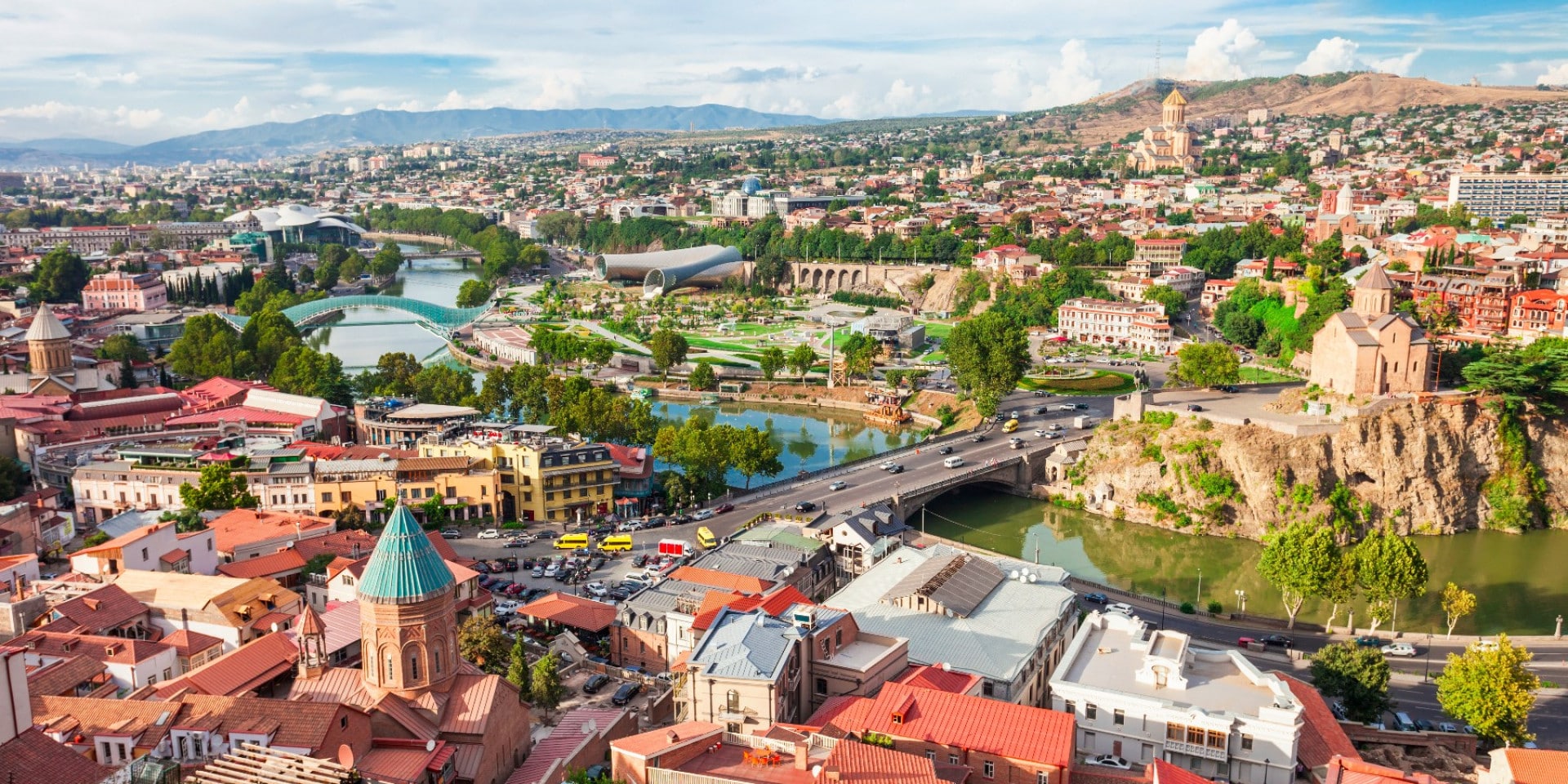The first round of the parliamentary elections in Georgia took place on 31 October. Georgian Dream (GD) obtained a majority of the votes for the third consecutive term. The opposition rejected the results and does not want to enter parliament as a result.
Immediately after it became clear that GD had become the winner of the elections, members of the largest opposition coalition United National Movement (UNM) called for their followers to protest in front of the parliament building. In addition, the UNM and six other opposition parties refuse to enter parliament and demand new elections.
Saakashvili: false results
UNM leader and former president Mikhail Saakashvili claimed that the elections were rigged by GD and that the results were therefore not correct. The official outcomes show that 48.2% of the voters casted their ballots for GD, 27.1% voted for UNM and European Georgia obtained 3.8% of the votes. Five smaller parties also made it into parliament due to the threshold being lowered to 1% after last year’s mass-protests.
Competitive but with shortcomings
International observers from the OSCE say that the elections were competitive and rights were overall respected, but that there indeed were shortcomings. These include blurred lines between ruling party GD and the state both during the campaign and on the day of elections, as well as pressure on voters. This combination lead to a lower public confidence in the political process. In addition, observers from the National Democratic Institute pointed out similar irregularities such as voter intimidation in areas where polling stations were located and alleged pre-election abuses of power.
Electoral reforms after mass-protests
The 2020 parliamentary elections know two major changes compared to previous years. Not only has the threshold to enter parliament been lowered to 1%, Georgia now also has a mixed electoral system. These changes were made after opposition-backed mass demonstrations erupted a year ago demanding political reforms.
In November 2019, GD proposed a bill to change the electoral system and lower the electoral threshold to 0%, something that was supported by the opposition. However, since 30 of the ruling party’s members voted against, the bill was not passed. After pressure from the opposition and mass-protests on the streets, all parties agreed to negotiate. A Memorandum of Understanding was created in which the threshold was changed to 1% and the Members of Parliament would from then on be chosen in two stages.
During the first round on 31 October, 120 MPs were elected through proportional representation. The second round, which will take place on 21 November, determines who will fill the remaining 30 positions that are allocated by single member constituencies.
Sources: Agenda, Aljazeera1, Aljazeera2, Georgiatoday1, Georgiatoday2, OSCE
Image: Wikimedia



